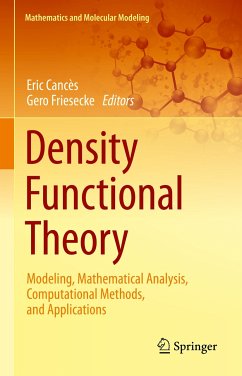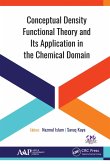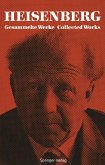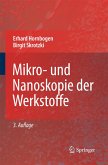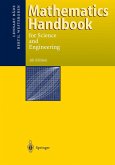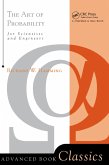Density functional theory (DFT) provides the most widely used models for simulating molecules and materials based on the fundamental laws of quantum mechanics. It plays a central role in a huge spectrum of applications in chemistry, physics, and materials science.
Quantum mechanics describes a system of $N$ interacting particles in the physical 3-dimensional space by a partial differential equation in $3N$ spatial variables. The standard numerical methods thus incur an exponential increase of computational effort with $N$, a phenomenon known as the curse of dimensionality; in practice these methods already fail beyond $N=2$.
DFT overcomes this problem by
1) reformulating the $N$-body problem involving functions of $3N$ variables in terms of the density, a function of 3 variables,
2) approximating it by a pioneering hybrid approach which keeps important ab initio contributions and re-models the remainder in a data-driven way.
This book intends to be an accessible, yet state-of-art text on DFT for graduate students and researchers in applied and computational mathematics, physics, chemistry, and materials science. It introduces and reviews the main models of DFT, covering their derivation and mathematical properties, numerical treatment, and applications.
Dieser Download kann aus rechtlichen Gründen nur mit Rechnungsadresse in A, B, BG, CY, CZ, D, DK, EW, E, FIN, F, GR, HR, H, IRL, I, LT, L, LR, M, NL, PL, P, R, S, SLO, SK ausgeliefert werden.

